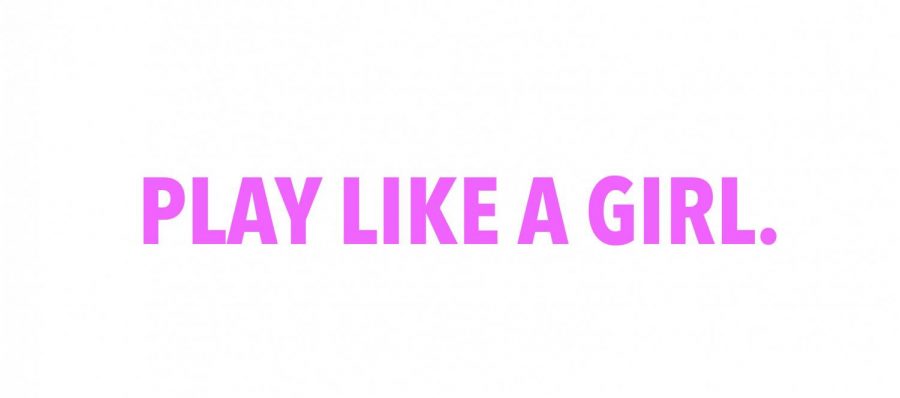It’s Time to Tackle Misogyny
Over the course of history, there have been many female pioneers in the world of sports: Billie Jean King, Alice Coachman Davis, Janet Guthrie, Danica Patrick, Jen Welter, Katie Sowers, AND Sarah Fuller. The list goes on, but how much longer can it get? How much longer until female athletes achieve the equality they deserve?
Whether it be due to lack of media coverage, low funding, or the pay gap, female sports are not given the tools that they need to thrive in a male-dominated industry. They are put under a glass ceiling, expected to break through the barriers that compare them to standards of male sports.
Male and female athletes are different, but this does not make one superior to the other. This is no excuse for one to be praised more, solely based on their sex. There needs to be a reclarification of the standards of what makes a “good athlete” and these standards need to be applicable to both males and females. Sports are fun, beneficial, and empowering. They are for everybody.
Not to mention the institutionalized discrimination against women in sports, there is also a lot of social discrimination as well. To give a current example, Sarah Fuller, the goalie for Vanderbilt’s women soccer team, faced a lot of backlash on social media after she was invited to kick for the men’s football team.
Some of the comments included:
“They couldn’t have grabbed one from the guy’s team?”
“This is why Vanderbilt is last.”
“Let’s see how long you last.”
However, this negativity does not define Fuller or any other female athletes alike. They are inspiring, they have made history, and most importantly, they have shown what it really means to play like a girl.
The issue of misogyny in male-dominated sports is not one that I am unfamiliar with myself. Beginning rugby in fifth grade, there were no options for me to play on an all-girls team. I played on an all-boys team up until I got to high school. While I had many positive experiences during those times, there were also some negative ones.
I remember every year was a gamble to see if the state organizations were going to let me play. I loved playing rugby, it did not matter to me that I was the only girl on my team, let alone one of the very few in the state. I wanted to play. Thankfully, I was lucky enough to have people fight for my ability to play and I stayed on my team for the rest of my middle school career.
I know what it feels like to have people automatically assume your abilities solely based on your sex. With every time I heard, “but you’re a girl,” it only drove me to become better. Breaking this glass ceiling is something I am determined to do and I encourage not only female athletes, but all athletes to do the same.
Sports have the amazing ability to bring us together. It is time to stop letting them draw us apart. It is time to tackle misogyny.


